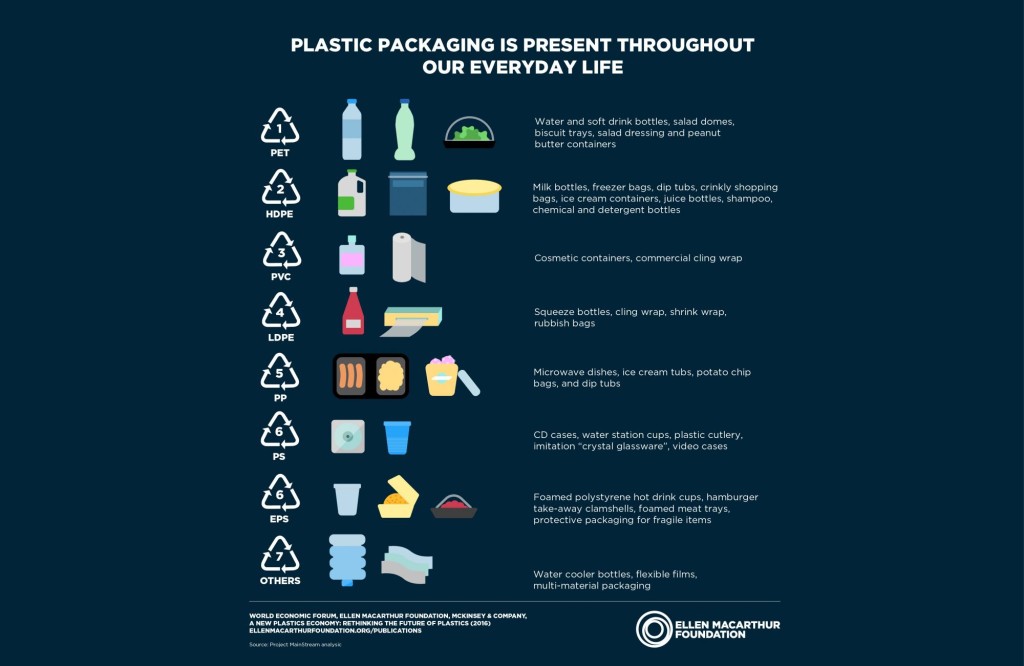Killing Our World With Plastic?
Mar 12th, 2017 | By admin | Category: Consumption and WasteBy Candela Vázquez Asenjo, youth blogger, Transition Earth.
Plastic pollution is a huge problem in the world today and is affecting our daily lives in ways we may not even be aware of.As we grow up in a culture relying on disposable items, we are unaware of the huge damage this is creating, not just to the planet, but also to human health.
Plastic, Plastic Everywhere
Nature cannot digest plastic as easily as we think. It can take up to 1,000 years to break down plastic. It leaves a toxic mark on the planet during the process, while getting fragmented into tiny pieces that are spread around the world.
Although scientists still do not know how big this impact is on life systems, these plastic fragments are behaving like poison pills in the ecosystem as they mimic food, leach toxics and attract and concentrate dangerous chemicals such as DDT and PCB’s. Plastic fragments have already polluted the food chain and the ocean, being declared as a “dangerous material.”
Few people realize that plastics are a trade secret. Up to 50% of the weight of plastic corresponds to additives, many of which are toxic. However, there is no ingredient list, because the exact composition of each plastic resin is protected by intellectual property.
We are all exposed daily to plastic’s toxicity, even before we are born. In fact, 97% of today’s human population tests positive for plastic additive BPA, including newborn babies. With more than 8,000 types of plastics in the market, there is no way to trace exposure to its origin.
One of the effects of plastic additives is endocrine disruption, as chemicals interfere with our endocrine (or hormone) systems. These disruptions can cause cancer, birth defects, and other serious disorders. A joint declaration by the World Health Organization (WHO) and United Nations Environment Program (UNEP) called endocrine disruption a “global threat.”
Responsible Consumption
However, in my opinion, plastic itself is not the problem as much as our careless use of this material.
The two irresponsible uses we have to avoid are 1) throwaway plastics or single use plastics, which are destined to end up in the garbage and 2) plastic for food and drink, which can leach toxics.
As with everything on this planet, if we apply moderation and responsibility to our use of plastics, the impact would be less negative.
Plastic can be helpful in many circumstances, yet we must use it correctly. Unfortunately, our society has created a global disposable culture, whose size and consequences are staggering. For example, just in the U.S., every 5 minutes 2 million plastic bottles are thrown away – this would cover 8 football fields. Every week 500 million plastic water bottles are thrown away – if we put them in line, it would go around the planet five times.
Every year 310 million tonnes of plastic are produced, 150 million tonnes are already in the ocean, and 8 million more tonnes go into the ocean annually – the equivalent of a truckload of plastic being dumped it into the ocean every minute. These figures will double by 2030 and quadruple by 2050.
If this is not shocking enough, more petroleum is used for plastic than for global aviation; some 6% of world production is just for plastic. It is estimated that this percentage will reach 20% by 2050. By that time, there will be more plastic than fish in the oceans (by weight).
Another sobering realization is that plastic recycling is an illusion. The truth is that recycling plastics in a closed loop is very hard and expensive, unlike glass, metal or paper. From all the plastic we use in the world, barely 14% ends up in a recycling bin; of this small percentage 90% is plastic. The remaining tiny percentage is not recycled in a closed loop, but downcycled, that is made into non-recyclable objects, which only delays the arrival of the plastic to the landfill. “Recycling” is a failure, and yet makes people feel good (corroborated by neuroscience) as we have been taught since we were young that we can recycle almost everything that surround us, including plastic.
In reality, it would be more correct to say that we “collect” plastic rather than “recycle” it.
Greenwashing PlasticIn addition, there is no such a thing as “green plastics.” Bioplastics pollute even more in its production, as organic material, such as corn, has to be grown, shipped, etc. and then polymerized. So the final result would be the contamination produced to make plastic plus the production of corn. At the same time, they have the same toxicity and secrecy issues and there are no independent biodegradability standards or control.
Many people believe that using BPA-free plastic is a good idea, but manufacturers simply have replaced other chemicals (i.e., BPF, BPS) which can be even more endocrine disruptive and dangerous than BPA. But, again, it is hard to know as we can never be sure of the specific composition.
In reality, we are all hooked on the throwaway plastics, especially with food and drinks. Nowadays, it is becoming more difficult to live without plastic, even if we wanted to.
When was the precise moment that others started to think for us, pushing us to a point where we have no option but to follow their words being true or not? When was the moment that the right for the truth became less important, giving space for conformity and lack of knowledge? Society may think now that plastic is good for us but so we thought about tobacco before. The change of social attitude towards plastic may be slow but it is unstoppable.
Candela Vázquez Asenjo is an Environmental Management student at the University of Manchester, UK, and a Law student at the Nebrija University, Spain. She aspires to be a social entrepreneur, with a focus on international environmental problems.

![[photo credit: http://web.unep.org/stories/story/seven-hot-environment-stories-look-out-2017]](http://populationgrowth.org/wp-content/uploads/2017/03/Plastic-MarineLitter-300x132.jpg)

![[photo credit: http://whc.unesco.org/en/news/1507/]](http://populationgrowth.org/wp-content/uploads/2017/03/unesco.jpg)